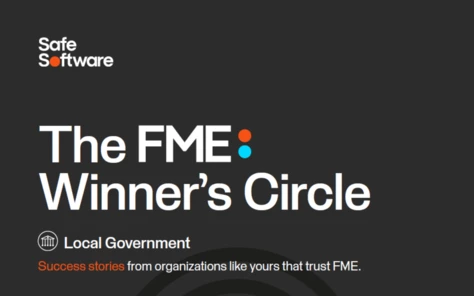Patient Data Leaked Following Change Healthcare Cyber Attack
How is the cloud changing business communications?

It is evident that the cloud has revolutionised the way in which organisations innovative, grow, and collaborate. However, a whitepaper from 2600Hz also illustrates how the cloud has the potential to completely change business communications.
Changing business communications with cloud
Prior to the introduction of VoIP, all businesses relied upon Public Switch Telephone Systems (PSTN), or landlines. While they are still in use today, there are significant drawbacks to using this infrastructure model.
For example, the hardware requires ongoing maintenance by trained IT personnel and a physical storage location. Moreover, traditional voice infrastructure requires the business to essentially plan around it when scaling.
As a result, any additional equipment is a capital expenditure, which requires budget allocation and planning. On-premise voice technology is thus quickly becoming redundant at many businesses.
Instead, organisations are now opting for cloud-based voice systems which are both incredibly flexible and scalable. In effect, the enterprise is now experiencing a cloud-based VoIP revolution.
Cloud-based VoIP
Rather than using electrical signals, Voice over Internet Protocol (VoIP) relies on internet data. Cloud-based VoIP is the convergence of VoIP and the cloud, which ultimately translates to "VoIP services that rely on off-site server" and switching hardware managed by a provider.
Due to their third-party management, these systems are highly scalable upon request. In fact, the report also observes that there is "minimal IT intervention to onboard a new employee or other user."
In addition to this, cloud-based VoIP typically operates on an OpEx spend. Payments are thus for ongoing service month-over-month, which equates to lower costs that are much easier to budget for and which enable "flexibility in business development."
However, businesses are often wary of the risk of downtime through an outside provider. Nevertheless, the report observes that "those providers usually offer minimum service level agreements (SLAs) to protect their users."
Check out Episode 14 of Tech Chat, in which Max heads to the UC Expo 2019 in order to discover the latest tools used in Unified Communications
























